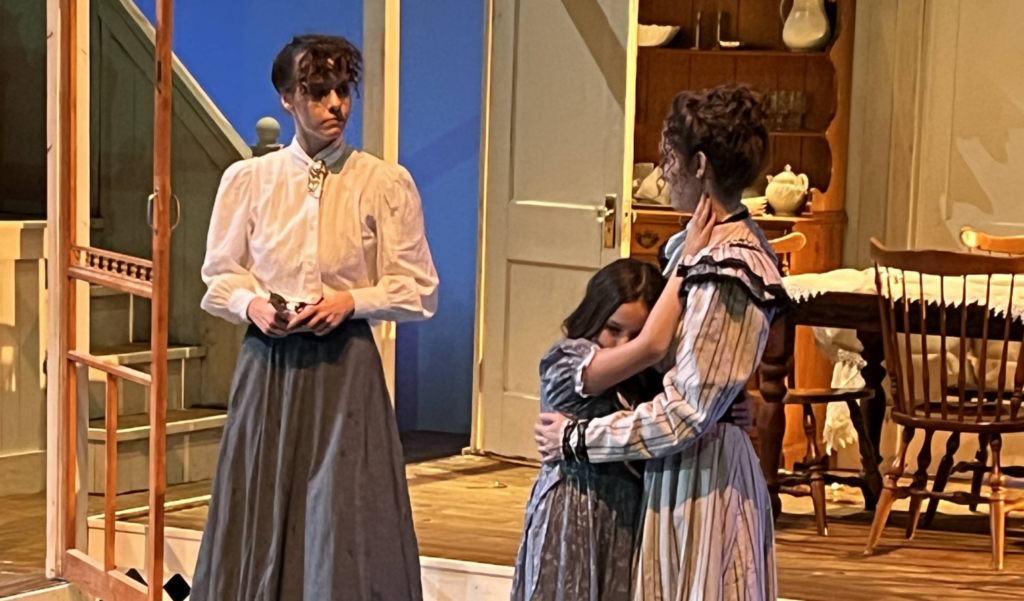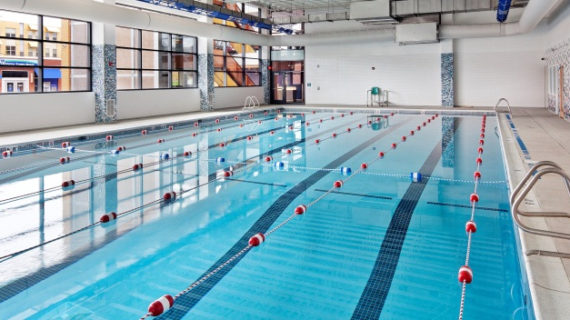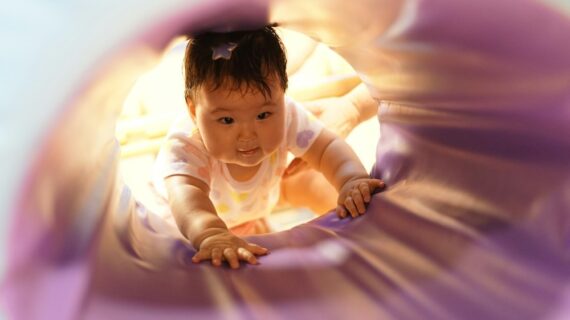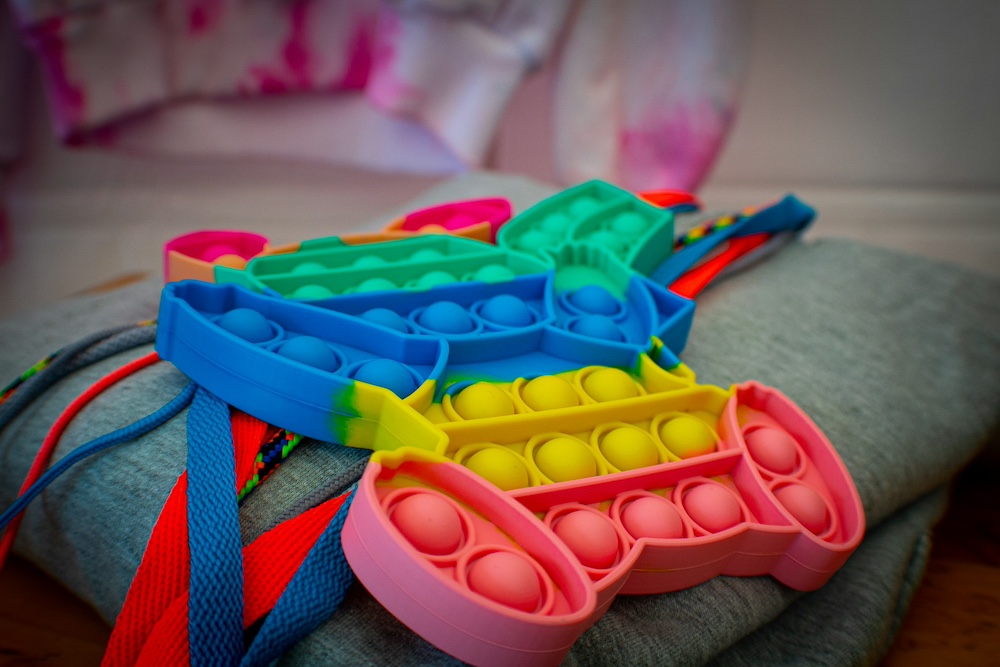
Sensory-friendly guide: 24 places in the Pittsburgh area offering sensory-friendly options and assistance
Photo above by Paola Andrea via Unsplash.
For parents of children with sensory processing issues, it can be tough to find family events that are just right. From simple adjustments like reduced noise and calmer lighting to sensory bags full of tools useful in self-regulation, the Pittsburgh region’s businesses, theaters and museums are working hard to accommodate a wider variety of visitors.
Many of the region’s organizations work with KultureCity to become sensory-inclusive for visitors. KultureCity offers sensory-inclusive certification and tools to venues, businesses and organizations that want to accommodate people with sensory needs. This includes guidance on how to reduce sensory stimulation, bags full of sensory tools, and training for staff. The KultureCity app allows families to look up locations in any city that offers these services, which can be really helpful. There are also social stories for many approved venues, so kids can watch these in advance and prepare for their visit.
These are some of the local spots offering sensory-friendly accommodations:
The National Aviary: In addition to sensory-friendly events and designated hours, the aviary also has sensory bags from KultureCity and a helpful social story on its website. These tools and accommodations help families with sensory needs meet all of the amazing animals at the Aviary in a safe and welcoming manner.

The Carnegie Museums: All four museums in the Carnegie Museums family offer sensory-friendly events and hours. The Carnegie Museum of Natural History provides sensory-friendly hours. The Carnegie Museum of Art has a helpful guide to prepare kids for their visit. The Kamin Science Center regularly offers Sensory Sensitive Science Hours and a social story to prep for visits. The Andy Warhol Museum offers a variety of sensory-inclusive events throughout the year, including silent discos, specific sensory hours and creative workshops.
Phipps Conservatory and Botanical Gardens: As one of the local destinations that partners with KultureCity, Phipps has a great social story available to help kids before a visit. They also offer sensory-sensitive hours through a partnership with Autism Connection of Pennyslvania.
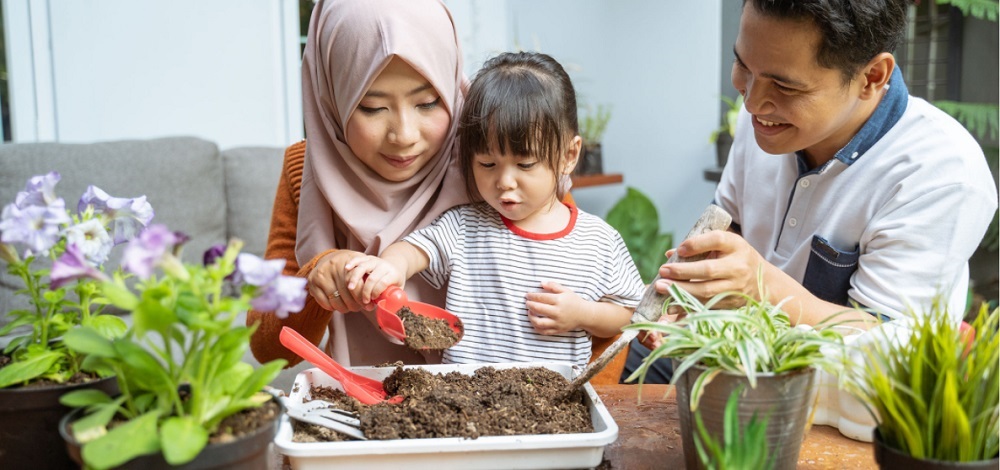
Major Sports Venues: PNC Park, Acrisure Stadium, and PPG Paints Arena all have begun to consider sensory needs. At PNC Park, partnerships with KultureCity and Allegheny Health Network now provide a sensory room located in Suite 62, as well as sensory bags. Acrisure Stadium and PPG Paints both provide sensory bags, and PPG Paints also has a social story to prep for visits.
Local Theaters: Several local theaters offer sensory accommodations. The Lindsay Theater and Cultural Center, located in Sewickley, regularly offers sensory-friendly screenings of new movie releases. During these performances, the lights are dimmed but not shut off completely. The volume is reduced, and children can feel free to move around or take a break in the lobby, if needed. At Prime Stage Theatre, each production includes a sensory-friendly performance. The Pittsburgh Cultural Trust regularly offers sensory-friendly performances at its six local theaters, as well. The schedule for those can be found here. The Pittsburgh Ballet Theater hosts sensory-friendly performances at regular intervals. Additionally, AMC movie theaters regularly schedule sensory-inclusive screenings.
Children’s Museum of Pittsburgh: This local favorite regularly hosts sensory-inclusive events at both the main Children’s Museum and at MuseumLab, the space dedicated to teens and tweens. On the second Tuesday of every month, the museum hosts sensory-friendly hours from 1 p.m. to 5 p.m. The museum also provides a social story, a video series about the museum, and other accessibility features to help guests fully enjoy the space. Find all of that info right here.
Pennsylvania Trolley Museum: The staff at the Pennsylvania Trolley Museum just completed important training on neurodiversity and is now a Certified Autism Center. Kidsburgh talked to the museum about what this means for their programming, which you can read all about right here. With sensory-friendly hours, bracelets that indicate a guest may need more help, and sensory bags on hand, this museum is a great place to check out with your favorite ferroequinologist (that’s a train expert.)
Trampoline Parks: Did you know that most local trampoline parks designate special sensory-sensitive hours for guests? The usual flashing lights and loud music can be overwhelming, so all of that stimulation is reduced during these hours. Find info on Urban Air, Sky Zone, and Elevate’s sensory accommodations on their websites.
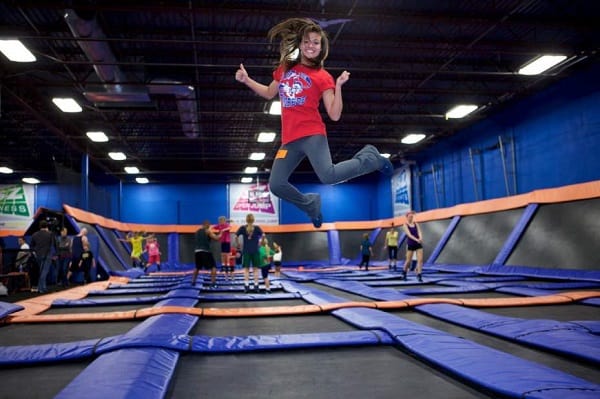
Pittsburgh Zoo and Aquarium: The zoo has made some strides to provide a more inclusive environment. It includes a sensory map to help families find calm areas for regulation, sensory bags upon request through a partnership with KultureCity, and specific sensory-friendly hours and events. Find more info about all of its resources here.

More Local Spots: In addition to these spots, there are many other venues in the city that utilize KultureCity to provide sensory bags and social stories, including the Heinz History Center, Moonshot Museum, Peterson Events Center, the David L. Lawrence Convention Center, the Clemente Museum, and the Pittsburgh Glass Center. The Pittsburgh International Airport has a sensory room as well as the TSA Cares program to assist families with sensory needs during travel, too.
Use the map feature on KultureCity to check out resources at these local businesses.
We are so excited that Pittsburgh is becoming more aware of individual sensory needs, as more and more local spots announce sensory-friendly programming. Please let us know of other sensory-friendly family activities by contacting Kidsburgh here. We’d love to add them to this guide.
If you have questions about your child’s development and the evaluation process, check out our guide to local autism support.
